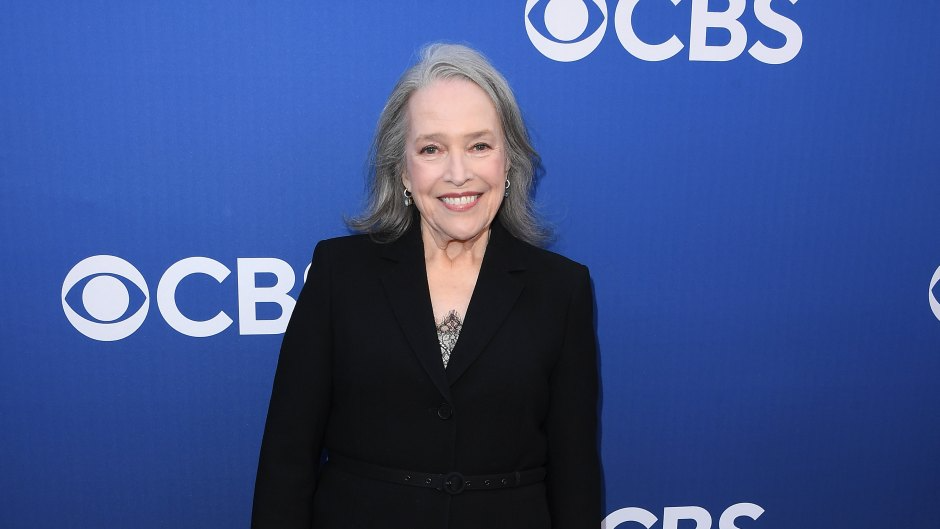
From Invisible Housewife to Empowered Heroine
Evelyn Couch begins her journey in Fried Green Tomatoes as a character many viewers find heartbreakingly relatable: a middle-aged woman rendered invisible by society, her marriage, and even herself. She’s introduced as timid and emotionally repressed, burdened by societal expectations of what a woman should be—quiet, subservient, and focused on pleasing others. Trapped in a loveless marriage with her indifferent husband Ed and suffocated by years of being ignored, Evelyn represents the millions of women who have been conditioned to silence their dreams.
Her initial visits to the nursing home, accompanying her husband to see his aunt, are dreary routines until she meets Ninny Threadgoode. Through Ninny’s vivid storytelling, Evelyn is drawn into the world of Whistle Stop—a place of fierce loyalty, fearless women, and unapologetic defiance. This begins her transformation. Ninny’s tales serve not just as entertainment but as seeds of awakening, helping Evelyn realize she doesn’t have to live as a doormat.
The Power of Storytelling in Evelyn’s Rebirth
Evelyn’s character arc is a testament to the transformative power of storytelling. Ninny’s narratives about Idgie and Ruth don’t just entertain; they catalyze Evelyn’s self-reflection. As she listens to stories of strength, love, and rebellion, Evelyn begins to question her own life. She internalizes the courage of Idgie and the grace of Ruth, which embolden her to take small but meaningful steps toward change.
These changes start with personal assertions—like reclaiming her right to be heard, to be angry, and to have space in the world. She joins a self-help seminar and starts standing up for herself. The turning point comes in the iconic scene at the grocery store parking lot, where Evelyn, after being cut off by two younger women, smashes their car in a moment of liberating rage. Her triumphant cry, “Tawanda!” becomes symbolic of her rebirth. It is both hilarious and empowering, marking her shift from passive to powerful.
A Subtle Yet Profound Feminist Statement

Evelyn’s growth is not just personal—it’s political. Her story reflects a larger feminist theme about agency, identity, and self-worth. Unlike more traditional feminist heroines, Evelyn doesn’t start as a rebel or a leader. Her feminism is quiet and slowly blooming, rooted in the personal act of reclaiming herself. It’s a narrative that validates women who aren’t warriors from the beginning but grow into their power with courage and resilience.
She doesn’t leave her husband in a dramatic flourish, nor does she become a radically different person overnight. Instead, she evolves realistically, choosing to live with greater authenticity and assertiveness. By the end of the film, Evelyn is not just happier—she is more alive, more visible, and finally the author of her own story.
Kathy Bates’ Nuanced Performance
Kathy Bates’ portrayal of Evelyn is one of the film’s greatest strengths. Bates imbues the character with warmth, humor, and raw vulnerability. She avoids caricature and instead gives us a multidimensional woman—flawed, funny, frustrated, and ultimately, fearless. Her Emmy-nominated performance gives voice to women who are rarely centered in Hollywood narratives, especially those beyond their youthful prime.
Bates plays Evelyn with subtle grace. Her evolution is visible in her posture, her tone, and her facial expressions. The woman who once nervously clutched her purse eventually walks with confidence. Bates ensures Evelyn’s transformation is believable and moving, resonating with audiences of all ages and backgrounds.
Evelyn’s Legacy in Women’s Cinema
Evelyn Couch’s journey continues to inspire decades after Fried Green Tomatoes premiered. She stands as a symbol of late-blooming empowerment—a reminder that it’s never too late to start over or to find your voice. In a film full of extraordinary women, Evelyn’s arc is perhaps the most intimate and accessible. Her life might not be filled with grand gestures, but her quiet revolution is one of the film’s most radical elements.
In many ways, Evelyn is every woman who has ever been overlooked. But by the end of the film, she is no longer invisible. She claims space. She tells her truth. And she learns that becoming whole doesn’t require permission from anyone else.
A Message That Endures
Today, Evelyn Couch’s story remains deeply relevant. In an era where women continue to fight for autonomy, representation, and respect, Evelyn’s journey reminds us that personal growth is a form of resistance. Her rediscovery of joy, purpose, and courage speaks to anyone yearning to live more truthfully.
She may not have run a café or battled societal injustice like Idgie or Ruth, but Evelyn’s victory is equally powerful: she reclaimed herself. And in doing so, she left a legacy that continues to empower women to this day.
